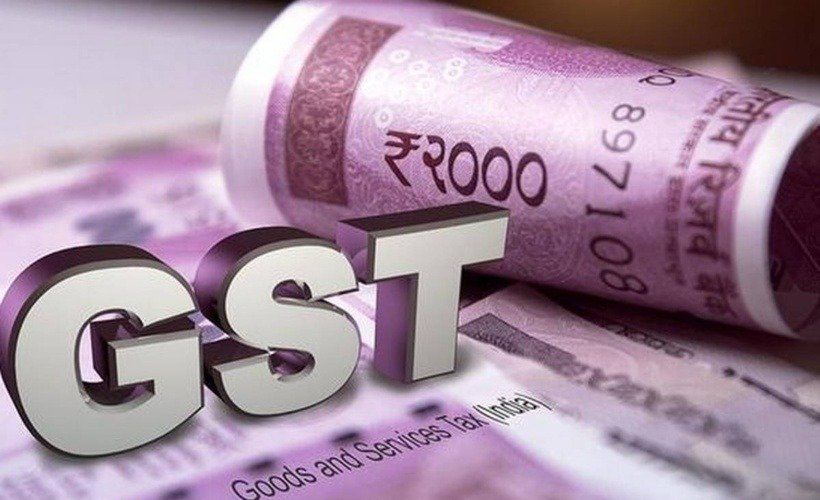
The GST Council decided to extend the surcharge on taxes over luxury goods such as cars, and tobacco products beyond June 2022, but has been unable to come up with a general agreement on ways to compensate states for loss of tax revenue.
The panel, which decides on tax rates and structure after 17 central and state taxes such as excise duty and VAT were subsumed into goods and services tax, will meet again in mid-October to talk about the state compensation issue, Union Finance Minister Nirmala Sitharaman said after an eight-hour meeting.
The council was divided on political lines, with 10 states ruled by non-BJP and its supporting parties, opposing the Centre’s proposal of states borrowing to meet the shortfall in receipts.
The state compensation issue appears headed for voting in the council, with the option chosen by majority states being implemented.
When the GST was introduced in July 2017, states were promised 14 per cent incremental revenue over their last tax receipts in the first five years of GST rollout. This was to be done through a levy of a cess or surcharge on luxury goods, but the collections on this count have fallen short with the slowdown in the economy since the last fiscal year.
To make up for this, the Centre suggested that the states can borrow against future compensation receipts.
Sitharaman said 21 states accepted one of the two borrowing options suggested by the Centre but 10 states did not agree.
The Kerala Finance Minister said 10 states, mostly ruled by Congress and Left, want the Centre to borrow and give the money to states.
Sitharaman said the GST Council agreed to extend the levy of compensation cess beyond five years.





